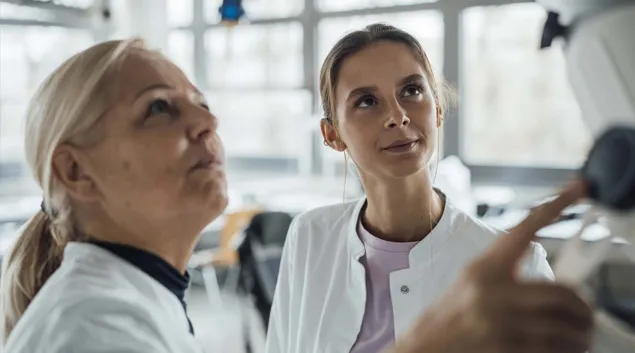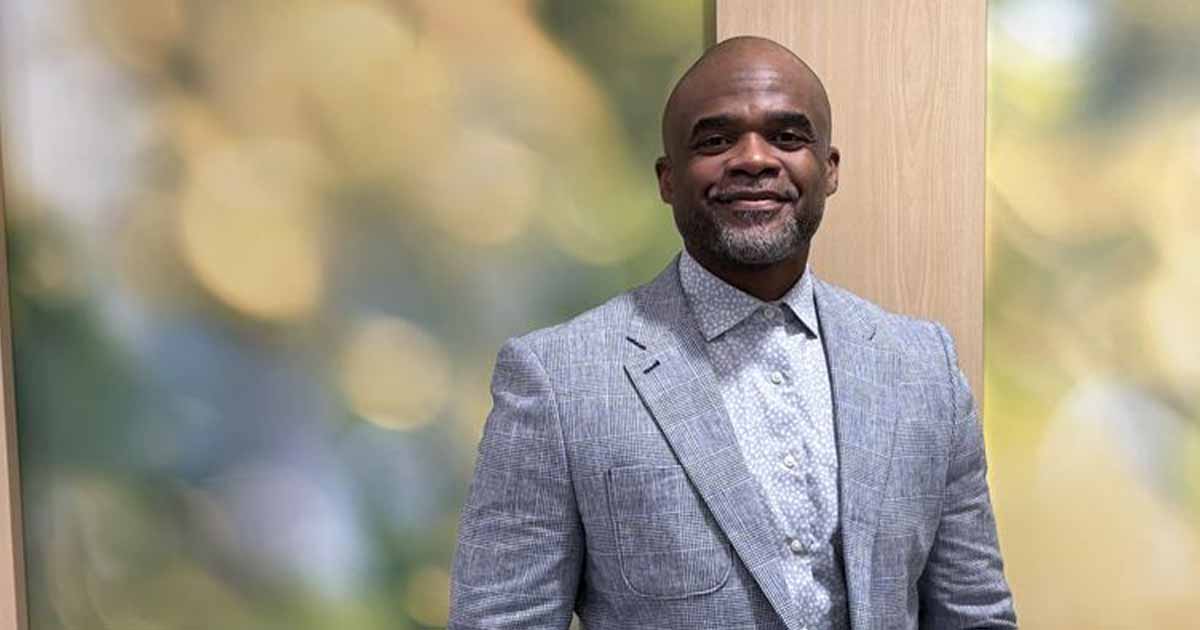Several witnesses from the health IT and mobile health industries are set to testify March 19 before the Subcommittee on Communications and Technology of the House Committee on Energy and Commerce.
The hearing titled "Health Information Technologies: Harnessing Wireless Innovation," is scheduled to begin at 10:30 a.m. in the Rayburn House Office Building. Discussion will focus on medical devices and mobile app markets.
[See also: FCC gives green light to wireless medical devices.]
Witnesses are:
- Ben Chodor, CEO, Happtique
- George Ford, chief economist, Phoenix Center for Advance Legal and Economic Public Policy Studies
- Robert Jarrin, senior director, government affairs, Qualcomm
- Jonathan Spalter, chairman, Mobile Future
- Bradley Merrill Thompson, mHealth Regulatory Coalition
- Teo Forcht Dagi, MD, partner, HLM Venture Partners
Testimony is expected to consider the implications of government regulation on the emerging mobile device and mobile apps markets.
In their overview on the hearing, members of the subcommittee wrote:
"Low barriers to entry, quick time to market, inexpensive retail prices, and rapid upgrade cycles have made the mobile application economy an American economic success story. Anyone with a good idea and computer coding ability can get into the business and distribute their innovation around the world. And thanks to the proliferation of subsidized smartphones and the popularity of 'app stores,' mobile apps are projected to be a $25 million market this year and are estimated to have already produced 500,000 jobs.
[See also: FDA proposes unique ID system for medical devices.]
"Health-related applications are a growing segment of this market," the overview continued. "Five percent of smartphone owners have downloaded an app to track or manage their health, according to a September 2012 Pew study. Under the Federal Food, Drug, and Cosmetic Act, the Food and Drug Administration could potentially classify these applications, as well as the smartphones and tablets that run them, as medical devices, subjecting them to a lengthy clearance or approval process. Further, this classification could subject these products to the 2.3 percent medical device tax from the Patient Protection and Affordable Care Act (PPACA), as amended. Overbroad application of this classification could stall the innovation, investment, and job creation that wireless smartphones and apps are bringing to healthcare, as well as ultimately impact the larger wireless ecosystem."
The FDA released draft guidance in July 2011 on how it would regulate mobile medical applications and devices under its medical device authority. The FDA indicated that an app that is used “as an accessory to a regulated medical device” or that “transforms the smartphone into a regulated medical device” would be subject to FDA regulation.
Thompson, an FDA lawyer, and one of the witnesses, will focus his testimony on the potential mobile health technologies have to change the way healthcare is delivered, as well as the appropriate regulatory framework to ensure innovation is not stifled and patient safety is guaranteed, according to a news release. Thompson serves as general counsel and assists with policy development for mHealth Regulatory Coalition.


